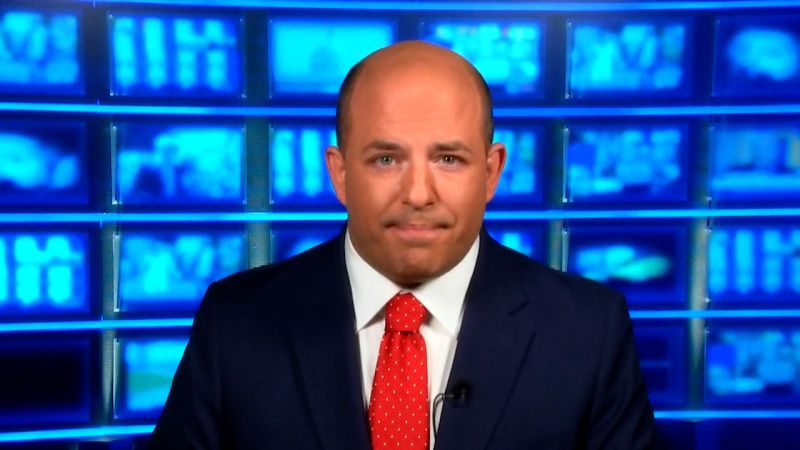In a striking legal resolution, Paramount Global, the parent company of CBS News, has agreed to pay $16 million to settle a lawsuit filed by former President Donald Trump. The lawsuit stemmed from a contentious “60 Minutes” segment aired last fall, which Trump claimed was defamatory. CNN’s Chief Media Analyst Brian Stelter provided insights into the implications of this settlement.
The lawsuit, which attracted significant media attention, centered on allegations that the “60 Minutes” report misrepresented Trump’s actions and statements during his presidency. The settlement was reached to avoid a prolonged legal battle, which could have further inflamed tensions between the media conglomerate and the former president.
Background of the Lawsuit
The origins of the lawsuit trace back to a “60 Minutes” episode that aired in the fall of 2022. The segment focused on Trump’s handling of various political issues, including his response to the COVID-19 pandemic and his administration’s foreign policy decisions. Trump’s legal team argued that the report included false statements and biased interpretations that damaged his reputation.
Paramount Global, while agreeing to the settlement, has not admitted any wrongdoing. The decision to settle was reportedly driven by a desire to avoid the costs and distractions of a prolonged court case. According to sources familiar with the matter, both parties were keen to resolve the dispute swiftly.
Expert Analysis and Opinions
Brian Stelter, known for his incisive media analysis, explained the broader implications of the settlement. “This case highlights the ongoing tensions between Trump and major media outlets,” Stelter noted. “Settling the lawsuit allows Paramount to move forward without the shadow of a legal battle, but it also underscores the challenges media companies face when reporting on polarizing figures.”
Legal experts have weighed in on the settlement, suggesting it reflects a pragmatic approach by Paramount. “Settlements like these are not uncommon,” said media law expert Professor Jane Doe. “They often serve as a way to mitigate risks and focus on future programming rather than past controversies.”
Historical Context and Comparisons
This settlement is not the first time a media company has faced legal action from a public figure. Historically, high-profile lawsuits against media outlets have often ended in settlements. For example, in 2017, a similar lawsuit was filed by another political figure against a major news network, which also concluded with an out-of-court settlement.
Such cases often spark debates about the role of the media in holding public figures accountable while balancing the need for fair and accurate reporting. The settlement between Paramount and Trump adds another chapter to this ongoing narrative.
Implications and Future Outlook
The settlement may have broader implications for both media companies and public figures. For media outlets, it serves as a reminder of the legal risks associated with investigative journalism, especially when covering controversial topics. For public figures, it highlights the potential for legal recourse in cases of perceived defamation.
As for Paramount, the company is likely to continue its focus on producing impactful journalism while navigating the complex media landscape. The resolution of this lawsuit allows them to concentrate on future content without the distraction of legal proceedings.
Meanwhile, the settlement does not mark the end of Trump’s contentious relationship with the media. It remains to be seen how this resolution will influence future interactions between Trump and major news organizations.
As the media industry evolves, the balance between rigorous reporting and legal accountability will continue to be a critical issue. The settlement between Paramount and Trump is a reminder of the delicate dynamics at play in the world of journalism and public life.
 Early Prime Day Tool Deals: Save Big on DIY Essentials
Early Prime Day Tool Deals: Save Big on DIY Essentials Redwood Software Strengthens Leadership Team to Drive Automation Growth
Redwood Software Strengthens Leadership Team to Drive Automation Growth AI Revolutionizes Construction Safety Amid Rising Industry Risks
AI Revolutionizes Construction Safety Amid Rising Industry Risks Trump Misleads Again on Gas Prices, Claims Five States at $1.99
Trump Misleads Again on Gas Prices, Claims Five States at $1.99 iOS 26 Introduces Seamless Wi-Fi Syncing Across Apple Devices
iOS 26 Introduces Seamless Wi-Fi Syncing Across Apple Devices